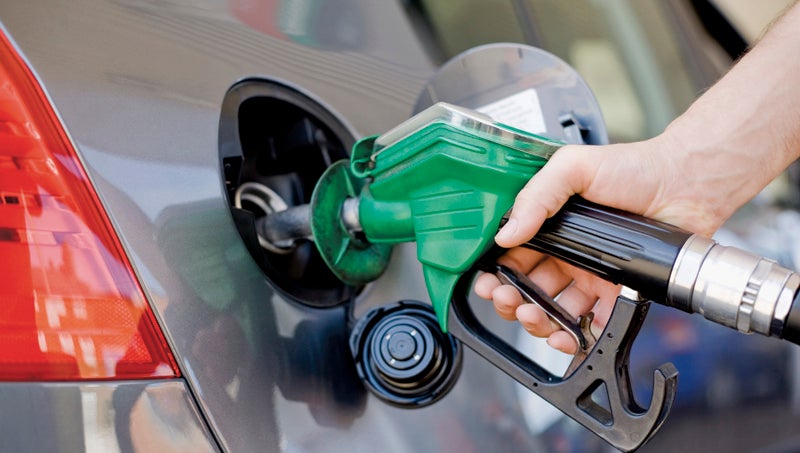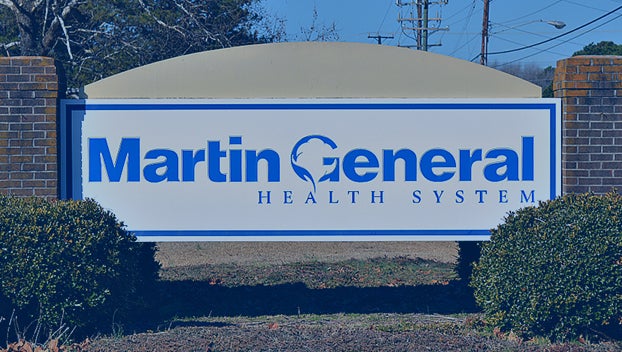Hurricane Harvey causes spike in local gas prices
Published 5:28 pm Thursday, August 31, 2017
Gas prices showed a steep increase in Beaufort County this week, and the main culprit is Hurricane Harvey.
The Category 4 hurricane dropped more than 50 inches of rain some areas surrounding Houston, and catastrophic flooding is expected to continue for weeks. This also led to the shutdown of several oil refineries in the Texas Gulf Coast, thus leading to an uncertainty in supply.
Hurricane Harvey’s ripple effects prompted Gov. Roy Cooper to declare a state of emergency Thursday to “temporarily waive the cap on maximum hours of service restrictions for fuel vehicles traveling in and through North Carolina,” according to a press release.
Within a few days, gas prices in the Washington area jumped by 20 cents or more. At some stations, the jump was 10 cents overnight.
Beaufort County is one of 20 counties in the state recording the highest regular gas prices of $2.39/gallon and up, according to data from GasBuddy.com. As of Thursday, the county recorded an average price of $2.40/gallon (of regular unleaded), although some stations had prices as high as $2.55/gallon.
Average prices in Washington, Pitt, Craven and Tyrrell counties were recorded as slightly higher than in Beaufort County. Pamlico and Hyde counties were slightly lower. North Carolina’s average was at $2.42/gallon (of regular unleaded) Thursday afternoon, and had increased an average of 7.5 cents from Wednesday to Thursday, according to GasBuddy data.
Supply uncertainty does not necessarily equate to widespread shortage, however. AAA Carolinas officials are urging drivers to fill up as usual while traveling over Labor Day weekend.
“While gas prices have the potential to increase following the devastation from Hurricane Harvey, it’s important we stress to motorists to avoid panicking at the pump,” stated AAA Carolinas spokesperson Tiffany Wright. “Don’t overconsume or change spending habits at the gas station. These behaviors could lead to gas shortages across the Carolinas.”
Pipelines and refineries will start operations again as soon as receding floodwaters and power restoration allows.
“I’m taking action to make it easier to get gasoline into our state so North Carolinians who need gas can get it,” Cooper said in a statement.






